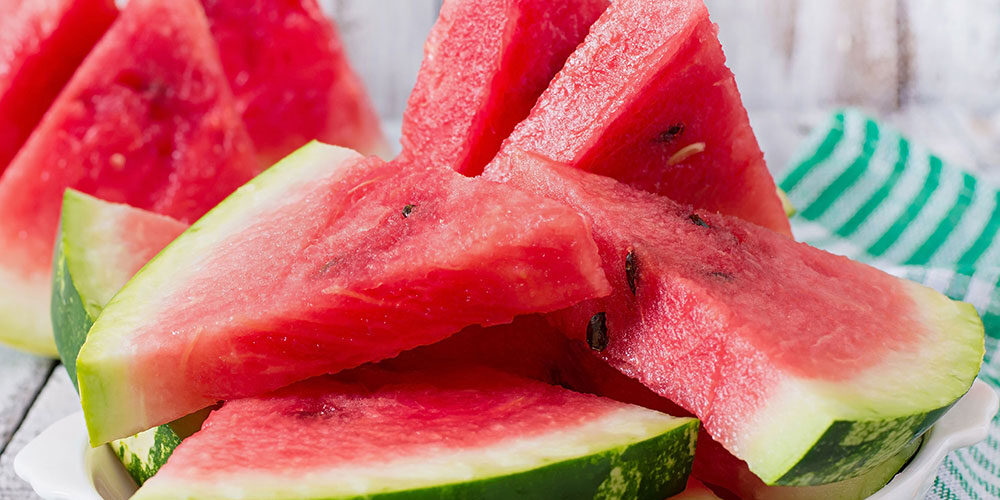
by Kris Francefort, Homemade Health Coach Team Leader
Watermelon is a superior source of anti-inflammatory and antioxidant support from its phenolic compounds (flavonoids, carotenoids, and triterpenoids).
Nutrition Notes:
• Allow watermelon to fully ripen for the highest concentration of lycopene and carotenoids.
• All parts of a watermelon (flesh from the center and the white portion near the rind) possess impressive concentrations of phenolic antioxidants, flavonoids, lycopene, and vitamin C. It is also a very good source of free-radical-scavenging vitamin A and a good source of heart-healthy potassium and magnesium.
Key health benefits include:
Hydration: Watermelon is about 92% water, making it an excellent food for staying hydrated, especially in hot weather.
Nutrient-Rich: Watermelon is low in calories but high in essential nutrients, including vitamins A, B6, and C, potassium, and magnesium.
Packed with Antioxidants and Anti-Inflammation Properties: Watermelon contains antioxidants such as lycopene, vitamin C, and beta-carotene, which help combat oxidative stress and reduce inflammation.
Heart: Lycopene and the amino acid citrulline in watermelon are linked to reduced risk of heart disease. They help improve blood flow, lower cholesterol levels and blood pressure.
Skin: The high vitamin C content aids in collagen production, which is essential for healthy skin and wound healing. Vitamin A promotes cell growth and repair.
Digestion: Watermelon is a good source of dietary fiber, which supports healthy digestion and regular bowel movements.
Muscle Soreness Relief: Citrulline has been shown to reduce muscle soreness and improve exercise performance and recovery.
Weight Management: Its high water and fiber content plus low calorie density make watermelon a filling and refreshing snack that can help with weight management. Citrulline, through the body’s chemical conversion, helps prevent an excess accumulation of fat in cells.
Eyes: The beta-carotene and vitamin C in watermelon contribute to good vision and eye health.
Cancer Prevention: Lycopene and other antioxidants in watermelon have been linked to a reduced risk of certain types of cancer.
Improved Metabolism: Watermelon contains B vitamins like B1, B5, and B6, which are essential for energy production and metabolism.

Leave a Reply